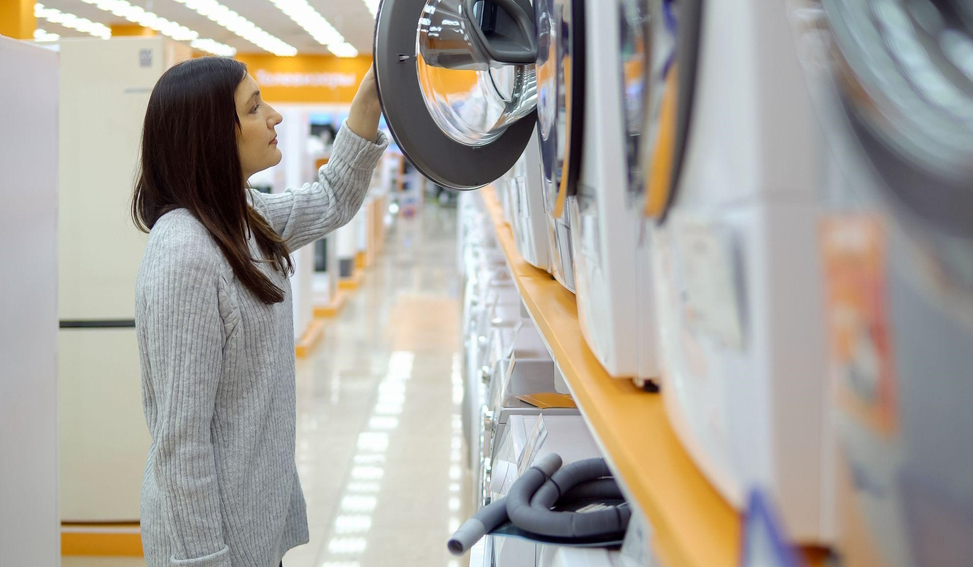Understanding the energy rating label

With the cost of powering your home and its contents rising higher and higher with each day that passes, it’s fair to say that the energy efficiency of your appliances can actually have a dramatic impact on the size of your monthly electricity bill. Having to use just one inefficient appliance could potentially seem like no big deal, but when you have a home full of such inefficient devices then this can no doubt impact your family in more ways than one.
Fortunately, appliance energy star ratings are put in place so that you can stand a better chance of choosing the most efficient products on the market. However, understanding these energy star ratings isn’t always easy. This handy guide aims to simplify the process of reading and using energy ratings, so what are you waiting for? Read on to discover more.
Why does energy efficiency matter?
When you find an appliance that boasts a high energy star rating, then this suggests that said appliance does its job efficiently. Not only will this mean that it’s using less power and is therefore kinder to the environment, it also means that you can keep your home up and running for a smaller price tag. Looking at the information listed on the energy star rating label can no doubt assist you with making a more informed decision, especially when it comes to the total cost of the appliance. You’ll be able to figure out the running cost, and help to keep your bills down to a bare minimum.
Which products display an energy rating label?
You can expect to find energy star ratings on a number of household appliances, including but not limited to dishwashers, washing machines, clothes dryers, fridges, freezers, air conditioning units and even televisions. These are mandatory, meaning it’s against the law for manufacturers not to add energy rating labels to these appliances.
How to read an energy rating label
There are two important pieces of information on Energy Rating Labels: the efficiency star rating and the energy consumption figure.
• Energy consumption:
An appliance’s energy consumption estimates how much energy (generally measured in kWh) that your chosen appliance will get through in a 12 months period with an average amount of usage. By examining this part of the Energy Rating Label, you can estimate how much it will actually end up costing you to keep your appliance up and running.
• Star rating:
Energy star ratings are designed to help consumers ascertain an appliance’s energy efficiency, generally using a 6 or 10 star scale. You can expect to see whole or half star increments used, and a lower energy consumption usually translates to a higher star rating. The higher the star rating, the more efficient your appliance is.
Using the label to calculate running costs
To calculate the running cost of an appliance, you simply need to divide the energy consumption figure by 4.
Here’s an example:
A washing machine that uses 400 kWh will likely cost around $100 a year to run.
Annual cost to run = Energy Consumption (kWh) x Electricity Tariff (cents/kWh) = 400 x 0.25 = $100
Australian energy rates range from around $0.20 - $0.30 per kWh, so if you’d like an even more exact estimate then it’s best to take the opportunity to check your individual electricity tariff rate on your energy bill.
Final Thoughts
Don’t worry if you’re a little stumped on how to use energy star ratings - ask a professional to help you with energy efficient appliances so that you can save money while you help the planet!





